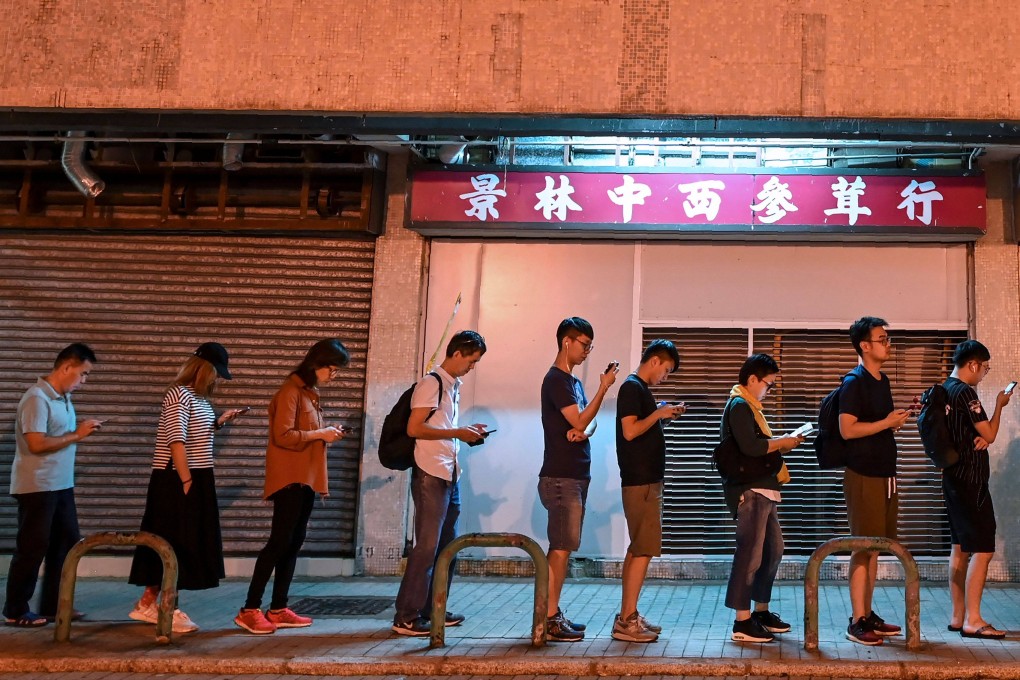Editorial | Revamped district council election must play by the rule book
- New arrangements need to be fully understood so as not to compromise integrity of Hong Kong polls established over many years

Elections in Hong Kong may not be among the most democratic and representative. But the ballots are, by and large, considered free, open and clean. Even though the polling methods may have been overhauled in recent years, clear and comprehensive rules must be in place, without which the integrity of and confidence in elections cannot be maintained.
The promulgation of new guidelines for the revamped district council election in December is a positive step forward. The Electoral Affairs Commission, to its credit, has managed to revise the rules within three months following the passage of the law replacing the previous 400-plus directly elected seats by mostly appointments and committee-based ballots under the “patriots-only” governance principle. Only 88 seats, less than one-fifth, will be returned by a popular vote.
The commission has shied away from making rules in relation to the newly created community care teams, despite worries that their members may have conflicts of interest or an unfair advantage when running or canvassing in the polls because of their close ties with their neighbourhood and residents. Responding to concerns, the commission said the teams were already subject to previous guidelines issued separately by the Home and Youth Affairs Bureau. It added there were also general provisions banning the use of public resources for canvassing. Authorities must closely monitor whether such arrangements can adequately address issues that may arise.
As with the revamped Legislative Council election, changes on the lower tier will remain unfamiliar or unacceptable to some people. With direct elections significantly reduced and candidates politically screened, it would not be surprising if some aspirants and voters feel alienated and stay away.
The new arrangements are indeed so different that even veteran candidates and campaigners may find them difficult to follow. The redrawn constituencies for the popular vote, now just 44, may also confuse many voters.
The credibility of city elections stems from decades of good practice. But that can be easily undermined if the arrangements are not implemented with due care. Any malpractices will mar the integrity of the system and do nothing for confidence in the new governance approach.
To enhance recognition of the new system, the authorities should step up publicity and encourage people to vote in the coming months. Candidates and their canvassing teams must study the rule book carefully to avoid falling foul of requirements. It is important that the new rules are clearly understood and followed.
